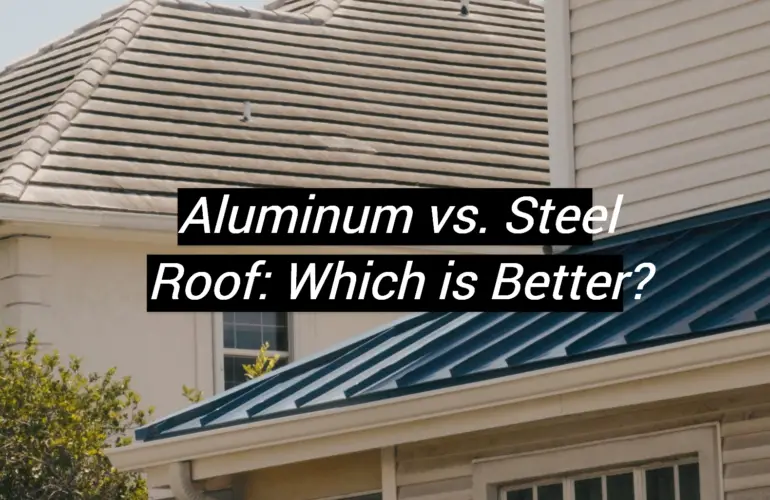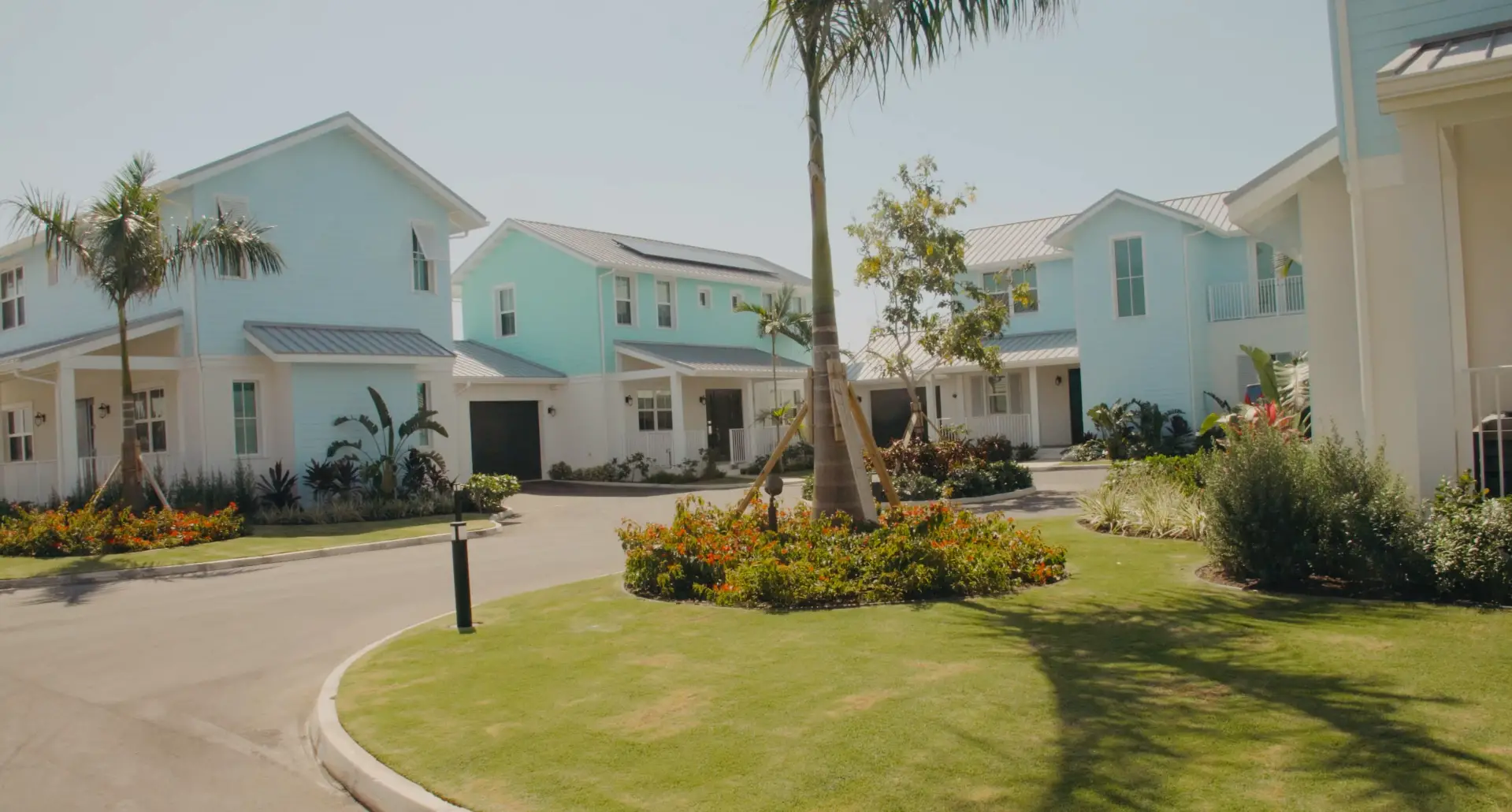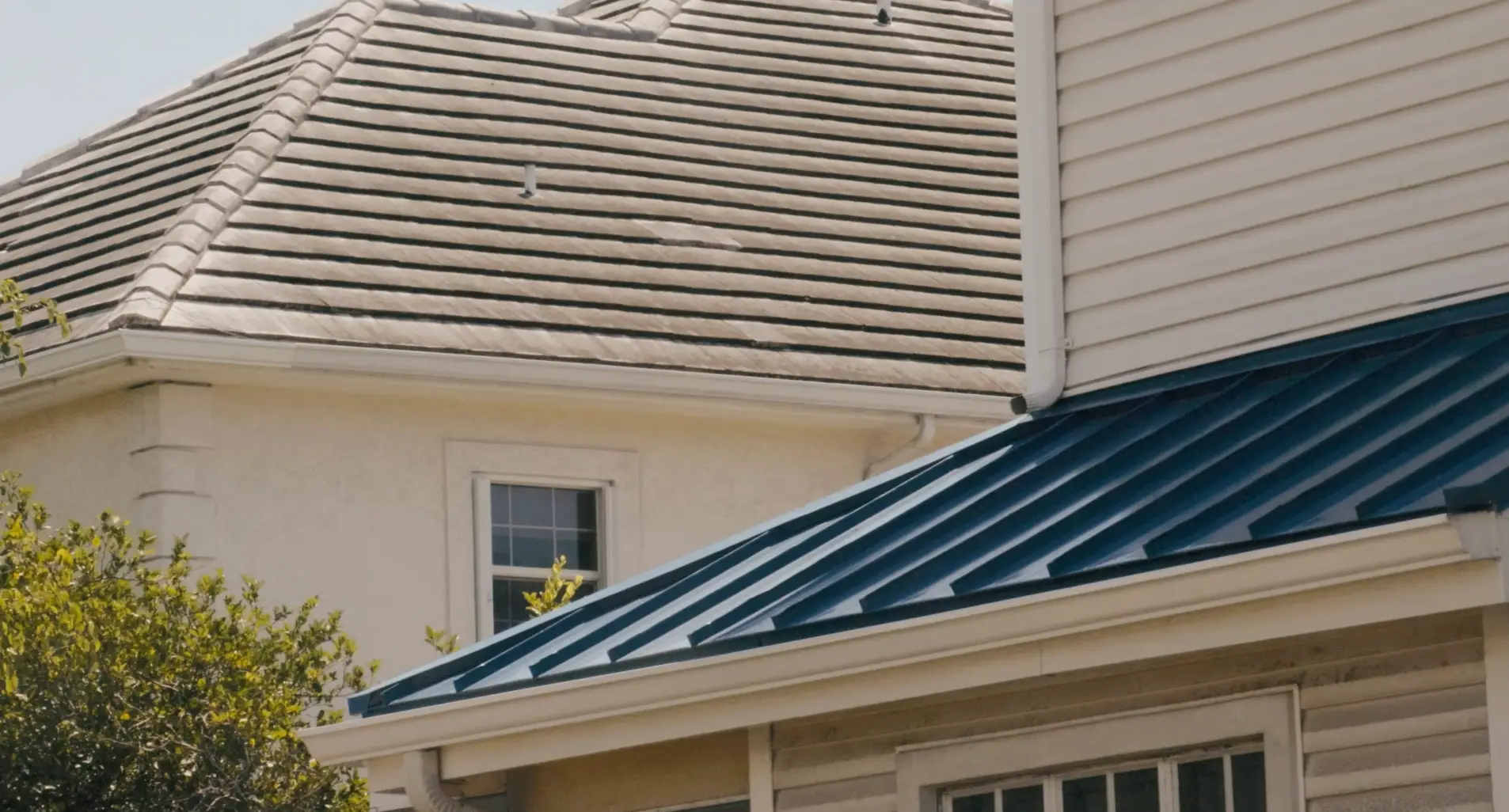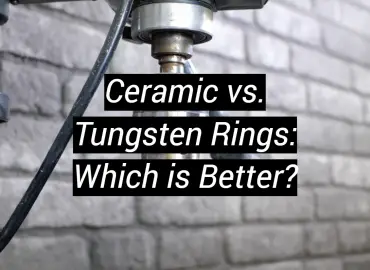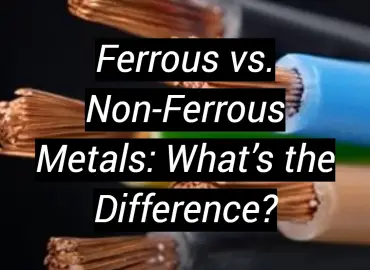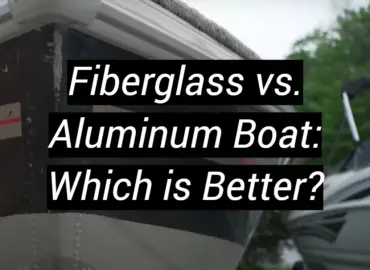It can be a daunting task for many homeowners to choose between an aluminum roof and steel one. The roof is a major investment, and you want to ensure that you’re choosing the best material that will not only provide durability but also add to the overall aesthetic of your home. Both aluminum and steel roofs have their unique characteristics, but before making up your mind, it’s crucial to understand all the pros and cons of each to determine which one is better suited for your particular needs.
The Different Kinds of Metal Roofing and Their Benefits
When it comes to roofing solutions, most homeowners have been choosing metal roofs because they have a lot of positive sides, for example, they are really durable and energy-efficient. This roofing gives us remarkable advantages that surpass those of traditional choices.
Metal roofing has become really widespread in many different spheres of our life. It is a material designed for challenging environments and extreme weather conditions. The material comes in various types, each with unique perks. Let’s discuss the different kinds of metal roofing and their benefits.
- Corrugated Metal Roofing. This type of metal roofing is the most popular one due to its affordability. It is made up of thin sheets of galvanized steel and coated with zinc, aluminum, or alloy. In addition to its affordability, this roofing is also lightweight, durable, and fire-resistant. Furthermore, it’s great for regions that receive a lot of precipitation and high winds as the grooves in the material shed off water and prevent damage from strong gusts of wind.
- Standing Seam Metal Roofing. This type of metal roofing is an expensive, yet durable option due to its interlocking design as it keeps water out. It is made by connecting large metal panels with raised seams running vertically up the roof. The seams are then sealed using concealed clips. This design makes it harder for water to penetrate the surface and cause leaks. This kind of roofing is ideal for homeowners who want a long-lasting and maintenance-free option for their roofing needs.
- Copper Metal Roofing. Copper metal roofing is a premium roofing material due to its aesthetic appeal and durability. The strikingly beautiful patina look of copper roofing takes decades to develop to its full extent. It doesn’t rust, and because it is a soft metal, it can be molded into angles and curves. Besides looking great, copper roof shingles last for over 100 years and are extremely energy efficient.
- Steel Metal Roofing. Steel metal roofing is a very popular option due to its flexibility. It comes in a wide range of colors that compliment any architectural design. Steel roofing has an array of different finishes, including Hot-dip galvanized, Galvalume, and Painted. Steel roofing offers several benefits such as low-maintenance, better insulation, and energy-efficient, which significantly lowers household energy bills.
- Aluminum Metal Roofing. Aluminum metal roofing resists corrosion easily, moreover, it is durable and lightweight. If properly installed and maintained, aluminum can last for about 50 years. It reflects the sun’s rays and minimizes heat absorption, ensuring your home stays cool during the hot summer months. Aluminum roofing is available in several finishes, including stone, wood texture, and copper patina, making it a versatile option for any home style.
Above are the various types of metal roofing, each with its unique benefits. They range from affordable corrugated metal that’s low cost and durable to luxurious copper that lasts for 100 years. There are several reasons why metal roofing has become a leading choice for homeowners, including better energy efficiency and environmental sustainability. With so many options available, it’s essential to discuss your requirements with a professional roofing contractor to ensure that you find the perfect roof for your home.
Aluminum Roofing: Benefits and Drawbacks
The choice of roofing material for a building is crucial in ensuring protection against harsh weather conditions and the overall look and feel of the property. One such roofing material that has gained popularity over the years is aluminum roofing. While aluminum roofing has its benefits, it also has its drawbacks. In this blog post, we will be discussing the benefits and drawbacks of aluminum roofing to help you make up your mind.
Benefits of aluminum roofing
Durability
Aluminum roofing is known for its durability and can last up to 50 years with proper installation and maintenance. It is also resistant to rust, corrosion, and fire, making it ideal for buildings in areas with heavy rainfall, saltwater exposure, and fire hazards. [1]
Lightweight
Aluminum roofing is lightweight, which means it puts less pressure on the building’s structure, reducing the risk of structural damage. It is also easy to install, which means it reduces the installation time and cost. [1]
Energy-efficient
Aluminum roofing reflects sunlight, reducing heat absorption, and energy consumption costs. It also contributes to making buildings eco-friendly by reducing the carbon footprint.

Drawbacks of aluminum roofing
Cost
Aluminum roofing is more expensive compared to other roofing materials, such as asphalt and wood. While it is a long-term investment, the high initial cost may be a drawback for individuals with a tight budget.
Denting
Aluminum roofing can dent easily, which can affect the aesthetics of the property. This drawback can be minimized by choosing a thicker gauge of aluminum roofing during the installation process.
Noisy
Aluminum roofing is known to be noisy, especially during heavy rains. While this may not be a significant drawback for commercial properties, homeowners may find it uncomfortable.
Maintenance Tips:
Regular maintenance is necessary if you want to get the maximum benefits of aluminum roofing. Here are some tips to help you maintain your aluminum roofing:
- Perform regular inspections to check for any defects or damages.
- Clean the roof’s surface regularly to remove debris, dirt, and leaves that may accumulate on the roof.
- Trim trees that may be too close to the roof to avoid falling branches and leaves that may damage the roof.
Aluminum roofing can be an ideal roofing material for individuals looking for durability, energy efficiency, and longevity. It offers several benefits that make it a long-term investment. However, the high initial cost, denting, and noise may be drawbacks that individuals should consider before making a decision. By following the maintenance tips, you can maximize the benefits of aluminum roofing and ensure its longevity.
Steel Roofing: Pros and Cons
One material that is gaining in popularity is steel roofing. This type of roofing offers several advantages over other options, but it also comes with some potential drawbacks.
Pros of steel roofing
- Durability: One of the biggest advantages of steel roofing is its durability. Steel is an incredibly tough material that easily withstands all kinds of weather conditions, for example, strong winds, heavy rains or even hail. Additionally, steel roofing is fire-resistant, which can provide added peace of mind in the event of a fire. If properly installed and maintained, a steel roof can last for up to 50 years or more. [3]
- Energy-efficient – Steel roofing has excellent insulating properties that help keep your home pretty warm in the winter but at the same time cold in the summer. This is particularly important in areas where temperature extremes are common, as it can help reduce your energy bills by up to 40%.
- Low Maintenance – In comparison to other roofing materials, steel requires much less maintenance. It doesn’t require regular cleaning, sealing, or painting, making it a low-maintenance option that can save you time and money in the long run. [3]
- Environmentally Friendly – Steel roofing is 100% recyclable, and the production of steel roofing materials requires less energy and produces little amount of pollutants. That is why they have become an excellent choice for environmentally conscious homeowners.
Cons of steel roofing
- Cost – In general, steel roofing costs more in comparison to some other roofing materials such as wood shakes or asphalt shingles. However, it is important to state that its benefits are really long-term and they can outweigh the initial cost, making it a worthwhile investment.
- Noise – During some bad weather events, such as hail or heavy rain, steel roofing can be quite loud. However, this can be mitigated by adding adequate insulation or choosing a thicker gauge of steel for your roofing material.
- Expansion and Contraction – Steel has a tendency to expand and contract with changes in temperature, which can cause the fasteners to loosen over time. To prevent this, it’s important to use the appropriate fasteners and installation techniques to ensure that your steel roof remains secure.
- Oxidation – Steel roofing has a tendency to rust over time, but this can be prevented by applying a protective coating or choosing a galvanized steel roofing material that is coated with zinc or aluminum.
Steel roofing is a great option for those looking for a durable, energy-efficient, and low-maintenance roofing material. While it has its drawbacks, such as cost and noise, the long-term benefits can outweigh the initial investment. When considering steel roofing, it’s important to choose a reputable roofing contractor who can help you choose the right material, insulation, and installation techniques for your home. Overall, steel roofing is a really great option for you if you value durability, efficiency, and the environment.
Aluminum Roofing and Steel Roofing: The Difference
If you’re in the market for a new roof for your home or business, you may have heard of both steel and aluminum roofing options. We offer you to have a look at a couple of crucial differences between these materials to consider when making your decision.
One of the biggest differences between these two kinds of roofing is their durability. Both materials are incredibly strong and can withstand harsh weather conditions, but aluminum is typically more resistant to corrosion than steel. This makes aluminum a popular choice in coastal areas that are more prone to saltwater corrosion. However, steel roofing can still last for decades with proper installation and maintenance. [2]
Another factor to consider is the weight of the roofing material. Aluminum roofing is lighter than steel, which can make installation easier and less costly. However, steel is a more rigid material and can better withstand impact, which makes it a popular choice for areas that experience hail storms or heavy winds. [4]
Both of these types of roofing can contribute to energy efficiency in your house or company. But it is important to note that aluminum roofing is usually better at reflecting sunlight and reducing heat absorption, which can help lower your energy bills in hot climates. Steel roofing can still provide energy savings, but additional insulation may be required to improve its insulating properties. [4]

When it comes to cost, aluminum roofing is typically more expensive than steel. It is because of the fact that aluminum is a more exotic material and is harder to manufacture. However, aluminum’s superior corrosion resistance can lead to cost savings in the long run by reducing the need for repairs or replacements. Steel roofing is a more cost-effective option, but it may require more maintenance in the long run. [2]
Finally, the appearance of the roofing material is an important factor to consider. Aluminum roofing as well as steel roofing can come in a wide range of colors and styles, allowing you to choose a look that suits your preferences and complements your home or business. However, aluminum roofing typically has a more modern and sleek appearance, while steel roofing can look more traditional and rustic.
Choosing between aluminum and steel roofing ultimately comes down to your specific needs and priorities. If you’re looking for a material that can withstand harsh weather conditions and is resistant to corrosion, aluminum may be the best choice. However, if you’re prioritizing cost-effectiveness and impact resistance, steel may be the better option. Regardless of which material you choose, be sure to work with a professional roofing contractor to ensure proper installation and maintenance.
FAQ
Is steel or aluminum better for roofs?
Choosing between a steel and aluminum roof can be a challenging decision, especially when considering the many factors involved. Both materials have their advantages and disadvantages, and the best choice depends on your individual needs, preferences, and budget. However, by considering the durability, weight, energy efficiency, and cost of both materials, you can make a well-informed decision and ensure that your home is both safe and comfortable for years to come. Consult with a roofing expert for professional advice and guidance on installation and maintenance.
Which metal roof style is best?
When considering which metal roof style is best for your home, it is essential to keep in mind your budget, aesthetics, durability, and climate. Each style has its unique properties that make them a perfect fit for certain conditions. Now that you are familiar with the different metal roof styles available, you can select a metal roof that will enhance your home’s beauty and protect it for years to come. Consult a professional roofing contractor for further advice on the best-fit metal roof style for your property. With their expertise, you can find the right fit and enjoy the numerous benefits of a metal roof for many years to come.
Is aluminum roofing heat resistant?
First, let’s examine what heat resistance means in roofing. Heat resistance refers to a roofing material’s ability to reflect or absorb heat to reduce the amount of heat transmitted to your home. This insulation property reduces your home’s temperature and energy consumption, leading to lower energy bills. So, is aluminum roofing heat resistant? The answer is yes. Aluminum has a high emissivity, meaning it releases heat energy quickly. As such, an aluminum roof can reflect solar radiation and minimize heat absorption. This makes it one of the most popular roofing materials in regions with high temperature and sunlight exposure. aluminum roofing is indeed heat resistant and an excellent roofing material choice for people living in hot climate regions. Its heat resistance and other properties make it an optimal solution, reducing your energy bills and creating a comfortable living space. However, it is worth noting that the roof color plays a vital role in its heat resistivity, hence always opt for light-colored roofs to minimize heat absorption. By choosing aluminum roofing, you are making a sound financial decision that will serve you long into the future.
Will an aluminum roof rust?
First and foremost, it’s important to understand that aluminum does not rust in the same way that other metals do. Rust is the result of iron oxidizing, and since aluminum does not contain iron, it cannot rust in this sense. However, aluminum is still susceptible to corrosion. Corrosion is a broad term that refers to the gradual breakdown of a material due to chemical reactions. In the case of aluminum, corrosion occurs when it reacts with the environment, typically in the form of water and oxygen. This reaction produces a white powdery substance called aluminum oxide, which can corrode the surface of the metal over time. So, will an aluminum roof rust? The answer is no, but it is still important to be aware of the potential for corrosion. By investing in a high-quality aluminum roof and taking proper care of it, you can enjoy a long-lasting, low-maintenance roofing solution. If you have any questions or concerns about aluminum roofing, be sure to consult with a trusted roofing professional, who can help you choose the right material for your home and keep it in top condition for years to come.
Useful Video: Steel vs. Aluminum: What Metal Roofing Material Should I Pick?
Conclusions
The choice between an aluminum and a steel roof depends directly on your personal preferences and the conditions of the location where you live. Aluminum roofs are more durable, lightweight, and require less maintenance, while steel roofs are more cost-effective and are the preferred choice for those who like a more traditional look. In conclusion, take into account the longevity, aesthetic value, energy efficiency, and cost of each type of roof before making up your mind. Consult with roofing professionals to help you make the right choice for your home.
References:
- https://sheffieldmetals.com/learning-center/galvalume-steel-vs-aluminum/#:~:text=As%20we%20mentioned%2C%20aluminum%20has,system’s%20life%20on%20the%20coast.
- https://www.infiniteroofingny.com/roof/metal/steel-vs-aluminum/
- https://www.gulfcoastsupply.com/steel-vs-aluminum-which-metal-roof-is-right-for-you/
- https://blog.thepipingmart.com/metals/steel-vs-aluminum-roofing-whats-the-difference/

